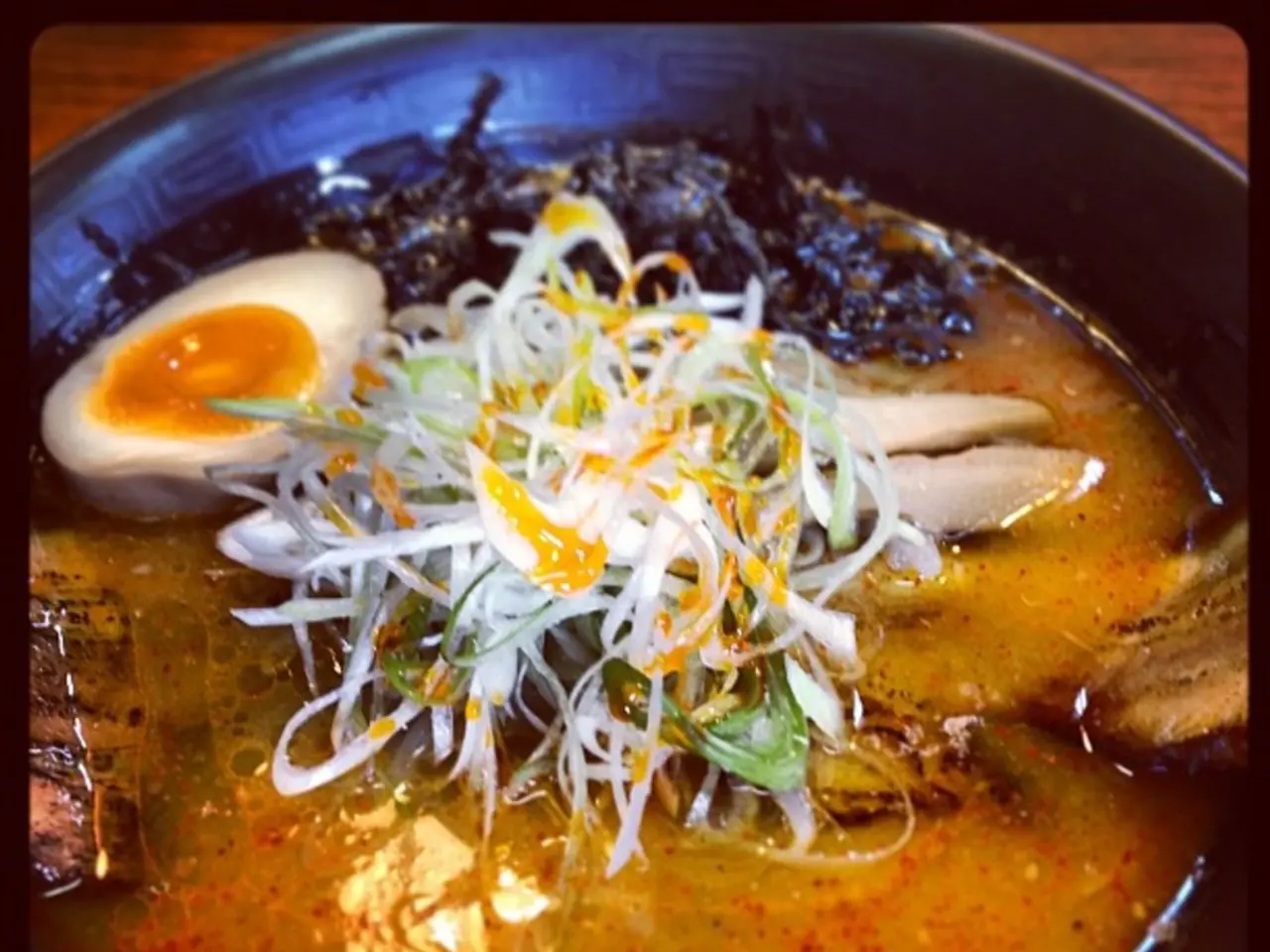Three top methods for preparing and consuming eggs in a nutritious manner
Eggs, nature's perfect food, are not only delicious but also packed with essential nutrients. Incorporating them into your diet doesn't require complicated recipes or advanced cooking skills. Here's a guide to help you get the most out of your eggs.
Boiling and poaching eggs are the best methods for maximizing nutritional benefits. These low-heat techniques help preserve delicate nutrients and maintain high protein quality without adding fats or causing nutrient degradation.
Boiling eggs retains most nutrients and protein, without added fats, and has minimal structural damage to proteins, ensuring high absorption. Poaching eggs is another gentle, low-heat method preserving sensitive vitamins and antioxidants such as lutein, zeaxanthin, and choline important for eye and brain health.
Avoid overcooking, especially prolonged high heat, since overcooked eggs lose water-soluble vitamins like B12 and can have reduced nutritional value. Skipping frying or limiting it prevents protein degradation and avoids added fats and calories from cooking oils.
You can enhance nutrient retention in scrambled eggs by cooking over low heat and adding moisture such as milk or cream. Adding salt to eggs at the wrong time can lead to weeping and a less pleasant texture. For scrambled eggs, add salt just before cooking or midway through. For fried or poached eggs, season them after cooking.
When boiling eggs, starting them in cold water rather than dropping them into boiling water prevents the violent boiling action that can cause shells to crack while also providing more even cooking from edge to center. When frying eggs, choose stable cooking fats with high smoke points, such as avocado oil, ghee, light olive oil, or refined coconut oil.
Wash eggs carefully before cooking to reduce contamination risks but avoid excessive washing that removes the natural protective coating. Wash hands and utensils after handling eggs to prevent cross-contamination.
Tea-infused eggs are a unique twist on the classic boiled egg. Gently cracked after initial boiling, they are simmered in a mixture of tea, soy sauce, and spices, creating a beautiful marbled appearance and infusing the eggs with antioxidants from the tea and various beneficial compounds from the spices.
Incorporating nutritiously prepared eggs into your diet doesn't just create a more delicious meal, you're extracting maximum nutritional value from one of nature's most perfect foods. Combined with quality sourcing and thoughtful pairings, eggs prepared with these methods become not just breakfast but a significant contributor to your overall health.
- Boiling and poaching eggs, with their low-heat techniques, help preserve delicate nutrients and maintain high protein quality, making them beneficial for health-and-wellness and providing essential nutrients needed for eye and brain health.
- To maximize the nutritional benefits of eggs, avoid overcooking, especially prolonged high heat, as it can lead to reduced nutritional value and loss of water-soluble vitamins.
- Incorporating healthy-cooking methods like boiling, poaching, and preparing scrambled eggs over low heat and adding moisture can enhance nutrient retention, contributing to overall health-and-wellness and the food-and-drink sector.
- Experimenting with unconventional cooking methods like tea-infused eggs not only offers variety in your lifestyle but also provides additional antioxidants and beneficial compounds, aligning with the principles of health-and-wellness and food-and-drink.




